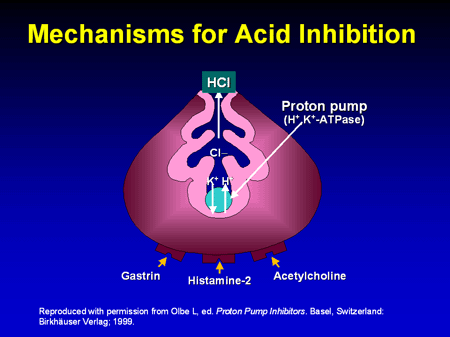
New JAMA Study Proves What Integrative Docs Have Said for Decades: Proton Pump Inhibitors are Dangerous, Unnecessary and Lead to Potentially Lethal Conditions
In another case of “Do NOT Mess With Mother Nature Because She REALLY Knows Best, Proton Pump Inhibitors (PPIs) have been linked to yet another serious consequence: chronic kidney disease.
Frequently recommended by allopathic medicine (and TV commercials!) to suppress the production of stomach acid, relieving the symptoms of acid reflux and esophageal burning (“heartburn”) PPIs are among the most commonly used drugs. But new research has confirmed what Advanced Medicine has known for decades: stomach acid serves many essential functions and suppressing it has serious downstream consequences. A study published in JAMA* shows that their use doubles the risk of chronic kidney disease and that the risk increases with dose.
Using PPIs twice a day increas the risk of chronic kidney disease by 1.46 times while a single pill increased the risk by 1.15 times.
These widely used but dangerous drugs help to account for the fact that more than 1 person in 10 currently suffers from some degree of chronic kidney disease.
The study, conducted at Johns Hopkins University looked at the health of 10,482 participants whose average age was 63.
Most people are not aware that the problems associated with GERD (gastro0esophageal reflux disorder) is rarely associated with too much acid, but with too little of the special mucous produced by the goblet cells of the stomach lining to protect the tissue from the acid.
Simple home remedies like licorice tea (organic, of course) or supplements such as Betaine Hydrochloride stimulate the secretion of this important mucous.
Additionally, when stomach acid is suppressed, proper digestion cannot take place leading to GI, pH, thyroid and other disorders.
In addition, the stomach acid destroys potential invading organisms such as bacteria, viruses and parasites.
Some PPIs do not require a prescription and are available over the counter Drugs in the PPI family include Nexium(R) (esomeprazole) and Prilosec(R) (omeprazole).
*JAMA Internal Medicine, 2016; 176(2): 238-46
